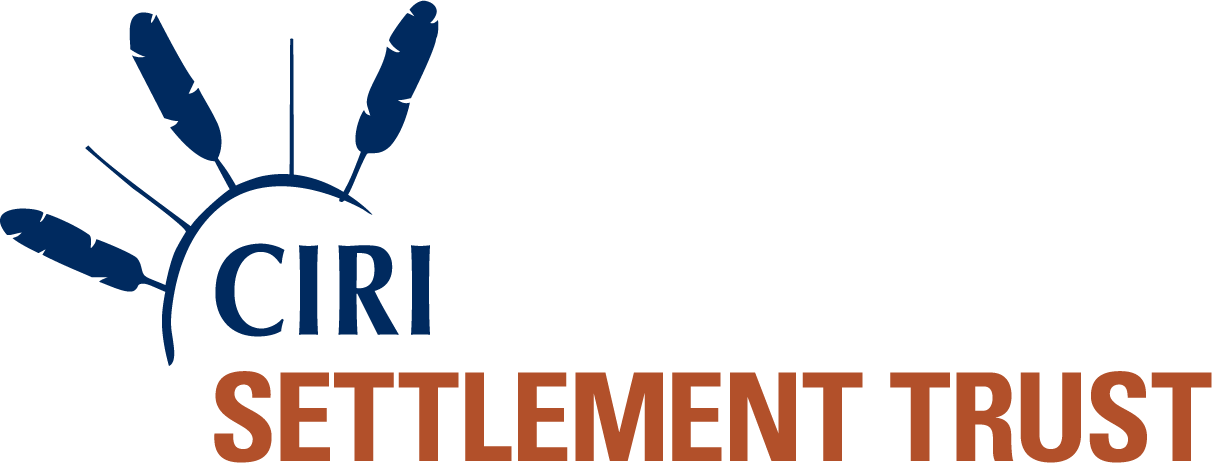What shareholders need to know about their 2019 IRS Forms
 At the 2019 CIRI Annual Meeting, shareholders voted to establish the CIRI Settlement Trust (CST). The CST provides mutual benefit to both shareholders and the corporation, including allowing both to take advantage of significant tax savings.
At the 2019 CIRI Annual Meeting, shareholders voted to establish the CIRI Settlement Trust (CST). The CST provides mutual benefit to both shareholders and the corporation, including allowing both to take advantage of significant tax savings.
On Aug. 1, the CST Board of Trustees—comprised of the chair, vice chair, secretary, assistant secretary, treasurer, assistant treasurer and chair emeritus of the CIRI Board of Directors—approved shareholder distributions from the third quarter onward to be paid from the CST.
When you received your 2019 IRS Form 1099 in the mail in January, you may have noticed the amount being lower than in years past.
In advance of last year’s shareholder vote on whether CIRI should establish the CST, shareholders were informed that, under present law, distributions by the CST were not anticipated to be taxable to CST beneficiaries and would not have to be reported on their individual tax returns. That is still the case. Accordingly, distributions received in 2019 from the CST for the third and fourth quarter are considered nontaxable and were not reported on a 1099-DIV.
Going forward, barring any change in the tax law, future distributions from the CST will also be considered nontaxable to shareholders. In most circumstances, shareholders will not receive an IRS Form 1099 for distributions received from the CST and will not have to report those amounts on their tax returns.
Beginning in 2020, Elders’ benefits will also be provided through the CST. Original shareholders 65 years of age or older are eligible to receive quarterly distributions of $450, provided they still own at least one share of CIRI stock or gifted all of their CIRI stock away prior to July 31, 2003.
The idea of the CST is rooted in CIRI’s mission—to enhance the health, education and welfare of shareholders and preserve the heritage and culture of Alaska Native people. CIRI is excited about the possibilities the CST opens up.



